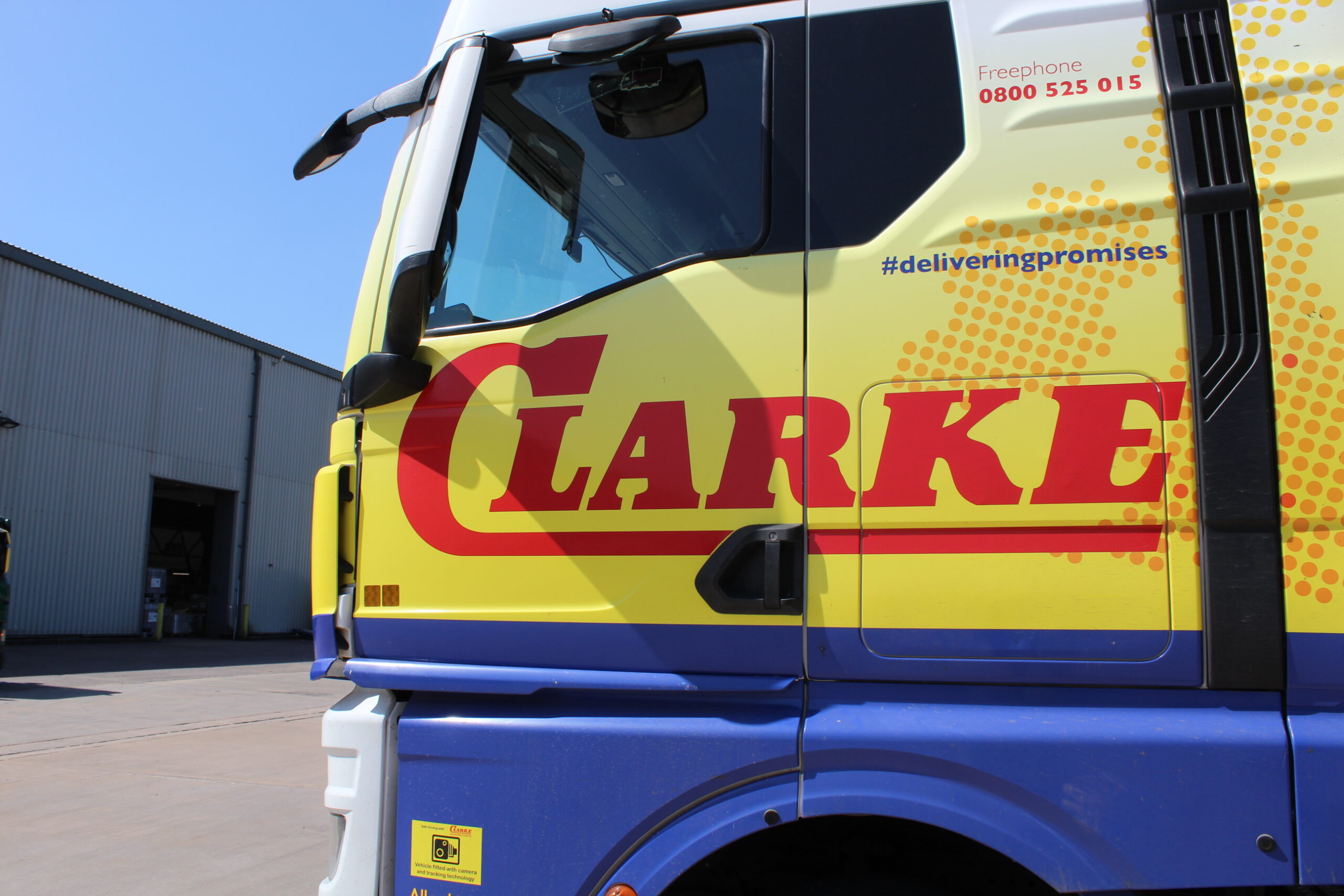Introduction to Lithium Batteries as Dangerous Goods
Lithium batteries have become ubiquitous in today’s technology-driven world, powering everything from smartphones to electric vehicles. However, their unique chemical properties and potential hazards classify them as dangerous goods, necessitating stringent regulations and specialized handling during transport. This article delves into the complexities of lithium battery logistics, emphasising the importance of compliance, safety, and the role of experienced logistics partners in lithium battery transport.
Understanding Lithium Batteries
Lithium batteries can be categorized into two principal types: lithium-ion (Li-ion) and lithium metal batteries. Li-ion batteries, commonly found in consumer electronics, are rechargeable and consist of a lithium salt in an organic solvent. In contrast, lithium metal batteries use lithium as an anode and are non-rechargeable, often utilized in applications where long shelf life is crucial.
These batteries offer high energy density, lightweight characteristics, and extended operational life, making them ideal for various applications. However, they also pose risks such as thermal runaway, which can lead to fires or explosions if not handled correctly. Understanding these nuances is crucial for anyone involved in the logistics surrounding lithium battery transport.
Classification as Dangerous Goods
Due to their potential hazards, lithium batteries are classified as dangerous goods under various international regulations, including the United Nations (UN) recommendations for the transport of dangerous goods. The specific classification depends on the battery type, size, and the amount of lithium content. For instance, lithium-ion batteries fall under UN3480 when shipped alone and UN3481 when contained in or packed with equipment.
In addition to the UN classification, the European Agreement concerning the International Carriage of Dangerous Goods by Road (ADR) outlines specific requirements for the packaging, labeling, and documentation of lithium batteries during transport. Understanding these classifications ensures compliance with laws and enhances safety across the supply chain.
The Importance of Specialist Handling
Given the risks associated with lithium battery transport, the importance of specialist handling cannot be overstated. Mishandling can lead to severe consequences, including cargo damage, environmental hazards, and legal liabilities. Therefore, businesses involved in the shipping of lithium batteries must engage logistics providers with expertise in dangerous goods transportation.
Specialist handling encompasses comprehensive training for logistics personnel, adherence to safety protocols, and the implementation of robust emergency response plans. Proper training includes knowledge of dealing with potential incidents and understanding the specific requirements set forth by regulatory bodies. This ensures that all parties involved can navigate the complexities of lithium battery logistics safely.
Legal Regulations and Compliance Requirements
Regulatory compliance is a critical aspect of transporting lithium batteries. The legal framework governing their transport varies across regions but generally includes strict guidelines on packaging, labeling, and transport conditions. For instance, the International Air Transport Association (IATA) outlines guidelines that are particularly important for air freight, where the risks associated with lithium batteries can be magnified due to altitude and pressure changes.
Additionally, companies must ensure that proper documentation accompanies shipments, including declarations of Dangerous Goods and detailed descriptions of the battery type and condition. Failing to comply with these regulations can result in fines, shipping delays, and damage to a company’s reputation. As such, businesses must prioritize compliance when planning logistics for lithium battery transport.
Clarke Transport: A Trusted Partner in Lithium Battery Logistics
85+ Years of Experience in the Industry
Clarke Transport has been a vital player in the logistics industry for over 85 years, offering a wealth of expertise in the transport of dangerous goods, including lithium batteries. Our long-standing experience allows us to navigate the complexities of compliance while ensuring the safety and integrity of shipments. We pride ourselves on being at the forefront of industry standards, ensuring that our practices evolve with regulatory changes and technological advancements.
Throughout our history, we have developed strong relationships with regulatory authorities and have a deep understanding of the legal landscape surrounding dangerous goods transport. This positions us as a trusted partner for businesses looking to transport lithium batteries safely and efficiently.
ADR-Trained Drivers for Safe Handling
Our logistics team is composed of ADR-trained drivers who are specifically educated on the safe handling and transport of dangerous goods. These professionals undergo rigorous training to ensure they understand the unique characteristics of lithium batteries and can respond effectively to any incidents that may arise during transport.
Furthermore, our drivers are equipped with the latest technology and tools, enhancing their ability to monitor shipments and respond dynamically to logistical challenges. This commitment to safety and professionalism instills confidence in our clients, ensuring that their lithium battery shipments are in capable hands.
Our Fleet and Facilities
Compliant Fleet for Flexible Transport Solutions
At Clarke Transport, we operate a compliant fleet tailored for the transport of hazardous materials, including lithium batteries. Our vehicles are specially designed and equipped with features that adhere to ADR regulations, ensuring safe and secure transport. Regular maintenance and inspections are conducted to uphold the highest safety standards.
We offer flexible transport solutions to accommodate various shipment sizes, whether small batches or large quantities. Our logistical expertise ensures that we can meet the diverse needs of our clients while maintaining compliance with all regulatory requirements.
Nationwide Depots for Efficient Distribution
To further enhance our capabilities, Clarke Transport operates a network of nationwide depots strategically located to facilitate efficient distribution. This extensive network allows us to minimize transit times and ensure timely deliveries, regardless of the destination.
Each depot is equipped with the necessary infrastructure to handle hazardous materials, including designated storage spaces that meet safety regulations. Our team at each location is well-trained in the specific requirements for handling lithium batteries, ensuring consistent safety and compliance across our operations.
Peace of Mind for Businesses
Reliability and Trustworthiness in Logistics
For businesses transporting lithium batteries, reliability is paramount. At Clarke Transport, we understand the stakes involved in transporting dangerous goods and are committed to providing dependable logistics services. Our track record of successful deliveries has built a reputation for trustworthiness within the industry.
We prioritize communication throughout the shipping process, providing regular updates and being responsive to our clients’ needs. This transparency fosters a partnership built on trust, allowing businesses to focus on their core operations while we handle the complexities of lithium battery transport.
Case Studies: Successful Lithium Battery Deliveries
Our experience in lithium battery logistics is evidenced by numerous successful case studies. For instance, we recently partnered with a leading electric vehicle manufacturer to transport a large shipment of lithium-ion batteries. By leveraging our flexible transport solutions and trained personnel, we ensured that the shipment arrived safely and on time, despite challenges posed by weather conditions and regulatory requirements.
Another successful case involved the urgent transport of lithium batteries for a medical device company. Our prompt response and efficient handling allowed us to meet tight deadlines while adhering strictly to safety regulations. These case studies highlight our capability and reliability in managing complex lithium battery logistics.
Conclusion
Summary of Key Takeaways
Transporting lithium batteries is a complex endeavor that requires specialized knowledge, rigorous compliance with regulations, and dependable logistics partners. Understanding the risks associated with these batteries, alongside proper classification and handling, is essential for ensuring safety throughout the transport process. Clarke Transport offers comprehensive logistics solutions backed by years of experience, ADR-trained professionals, and a commitment to compliance.
FAQs
What are the main risks associated with shipping lithium batteries?
The primary risks include thermal runaway, which can lead to fires or explosions, as well as the risks of leakage or physical damage during transport. Proper handling and compliance with regulations are essential to mitigate these risks.
What regulations govern the transport of lithium batteries?
Lithium battery transport is governed by several regulations, including the UN recommendations for the transport of dangerous goods, IATA guidelines for air transport, and ADR regulations for road transport. Each of these frameworks outlines specific requirements for packaging, labeling, and documentation.
Why is it important to use a specialist logistics provider for lithium battery transport?
Specialist logistics providers have the expertise and training necessary to handle the unique challenges associated with lithium battery transport. They ensure compliance with all regulations, reduce risks, and enhance safety throughout the transport process.
How can Clarke Transport assist with lithium battery logistics?
Clarke Transport offers a comprehensive range of services, including ADR-trained drivers, a compliant fleet, and nationwide depots. Our extensive experience in dangerous goods transport ensures that your lithium battery shipments are handled safely and efficiently.


